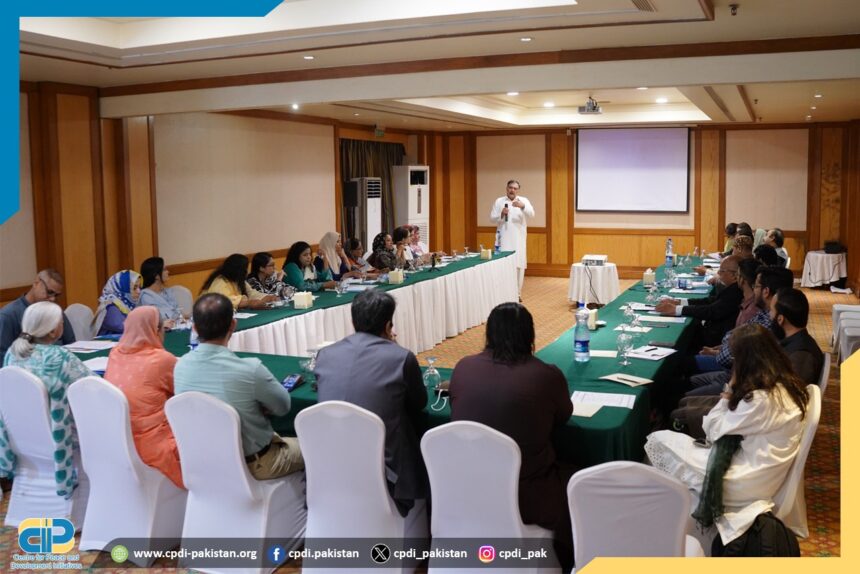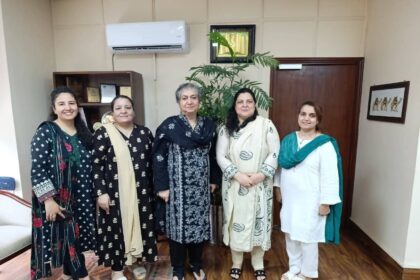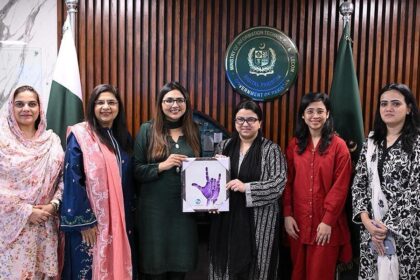The Centre for Peace and Development Initiatives (CPDI) held the tenth session of its Green Zameen Fellowship Program in Karachi, bringing together parliamentarians, architects, engineers, journalists and civil society leaders to explore how smarter planning and greener design can ease Pakistan’s rising energy burden and support a just energy transition.
A presentation by Umer Farooq, power systems expert at the LUMS Energy Institute, examined Pakistan’s energy planning process and highlighted how inefficient buildings and weak demand-side management are increasing pressure on an already strained power system. Farooq stressed the need for integrated planning that accounts for building performance and demand management alongside generation and distribution planning.
Hafiz Talha Saeed, sustainable building architect at the LUMS Energy Institute, focused on design solutions that reduce cooling loads and long-term energy costs. He urged wider adoption of net-zero housing principles, the use of sustainable materials, and stricter implementation of NEECA building codes to curb the rapid rise in cooling-related energy demand.
Discussion also centered on the policy and local action required to translate technical ideas into practice. Participants emphasized closing regulatory gaps, strengthening enforcement of building codes, and creating financial mechanisms at provincial and municipal levels to incentivize green construction and retrofit projects.
The session drew active participation from elected officials and civil society, including ten parliamentarians from Sindh and two from Khyber Pakhtunkhwa, along with media representatives. It concluded with a forward-looking discussion on upcoming fellowship themes and a collective call to build climate-smart communities, close policy gaps and enable a just energy transition. The Green Zameen Fellowship Program will continue to promote collaborative leadership for a more resilient, energy-secure Pakistan.











